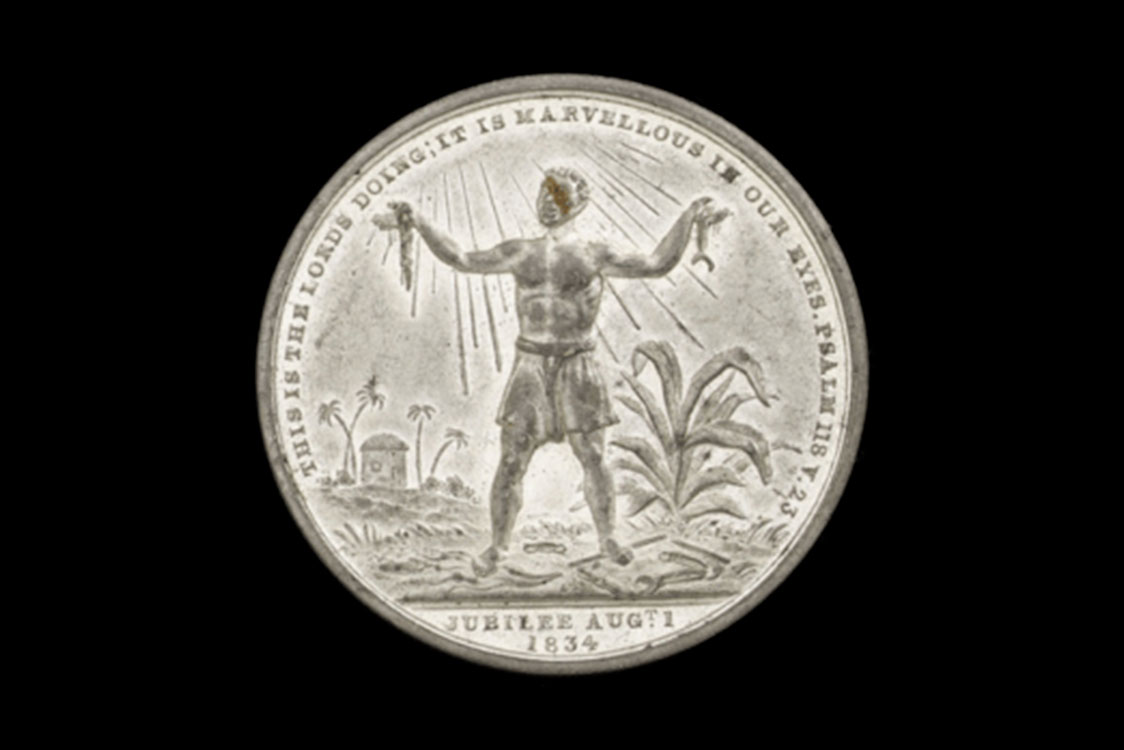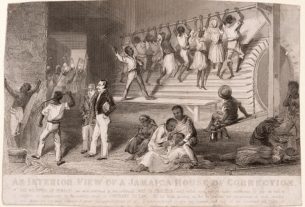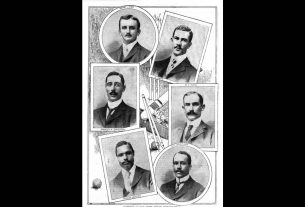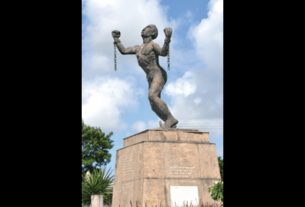1833
Revolutions, rebellions and riots in the Caribbean significantly influenced the dismantling of enslavement in British held territories.
The enslaved were prepared to become martyrs for the cause of freedom. Abolitionists validated the rebels as agents advancing the anti-enslavement campaign, and acknowledged that the penalties they suffered after failed rebellions revealed the brutality of enslavers. Elizabeth Heyrick from Leicestershire openly disagreed in 1824 with William Wilberforce MP, other Members of Parliament, and the male abolitionists who were lobbying for the gradual emancipation of Africans. She boldly campaigned for immediate emancipation, declaring that the uprisings of enslaved Africans were ‘self-defence from degrading, intolerable oppression…’ The three major rebellions in British colonies should be seen as important factors that influenced the British government’s passing of the 1833 Slavery Abolition Act. According to Richard Hart in his book, From Occupation to Independence (1988), the Reverend Henry Bleby, a Barbados Missionary, said:
‘…The evidence taken before the Committee of the two Houses of
Parliament made it manifest, that if the abolition of slavery were not
speedily affected by the peaceable method of legislative enactment,
the slaves would assuredly take the matter into their own hands, and
bring their bondage to a violent and bloody termination.’




